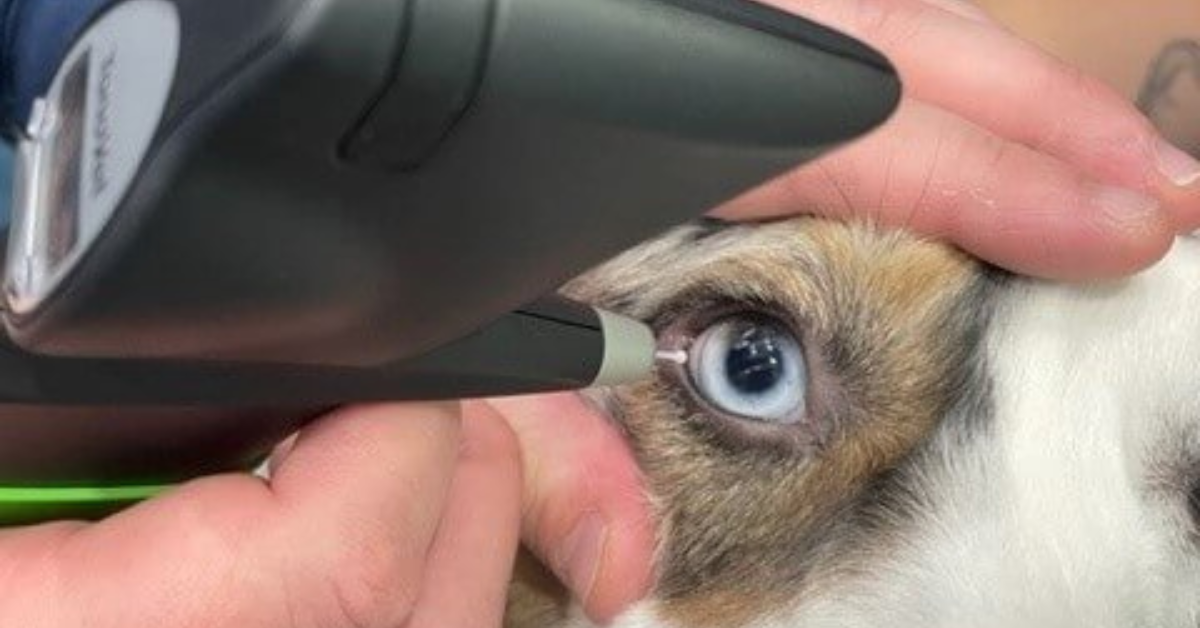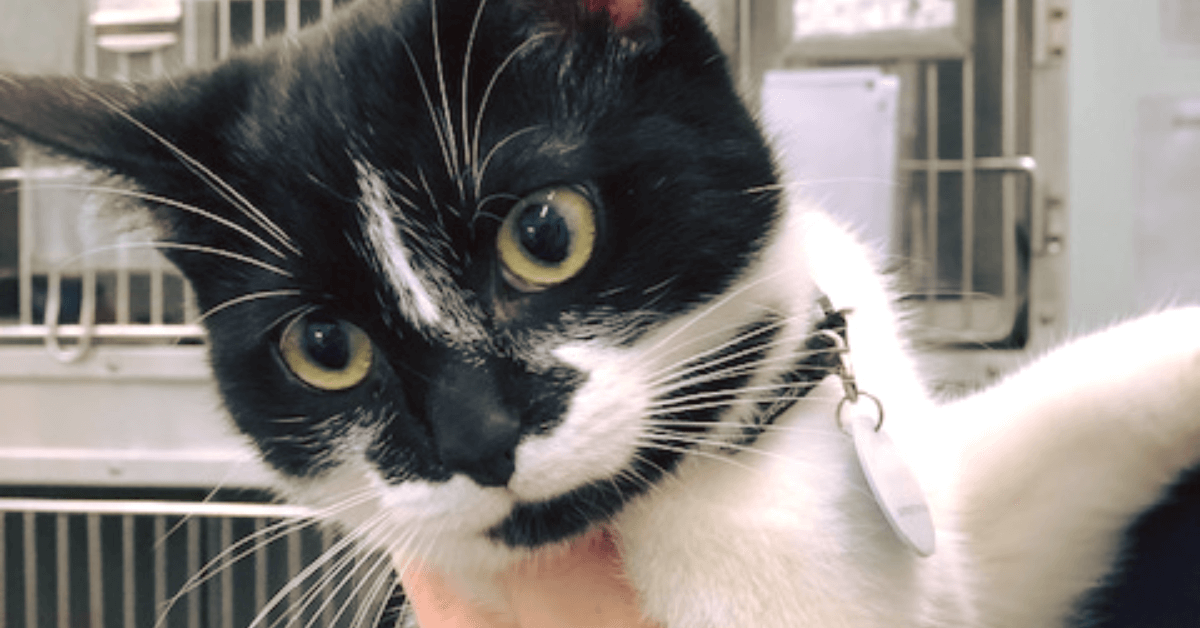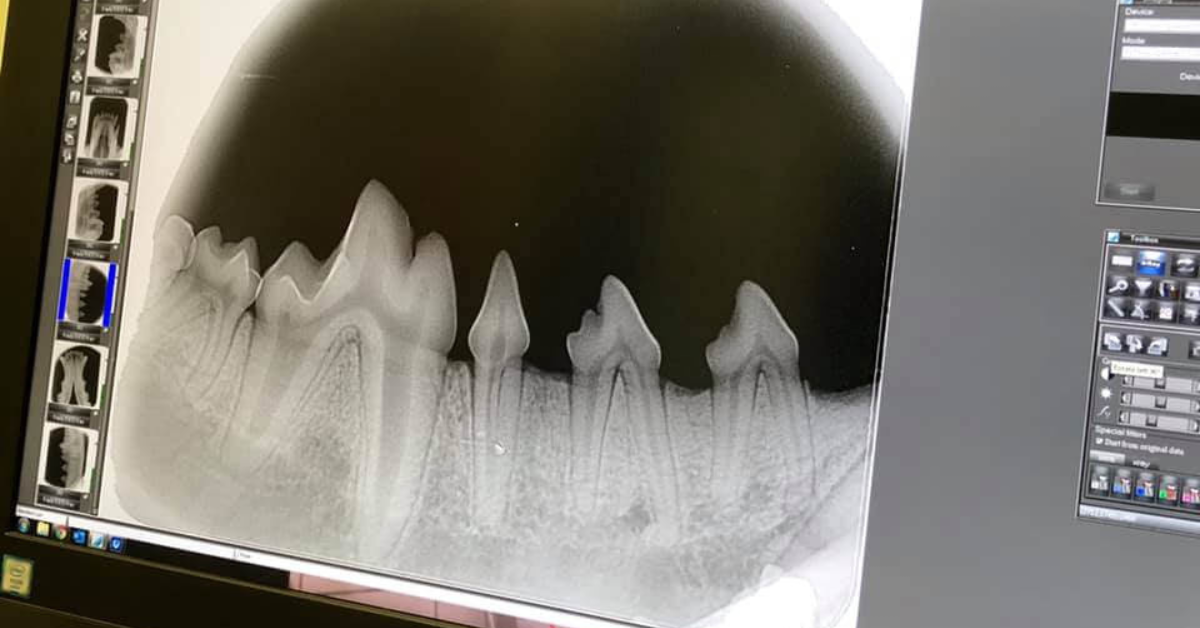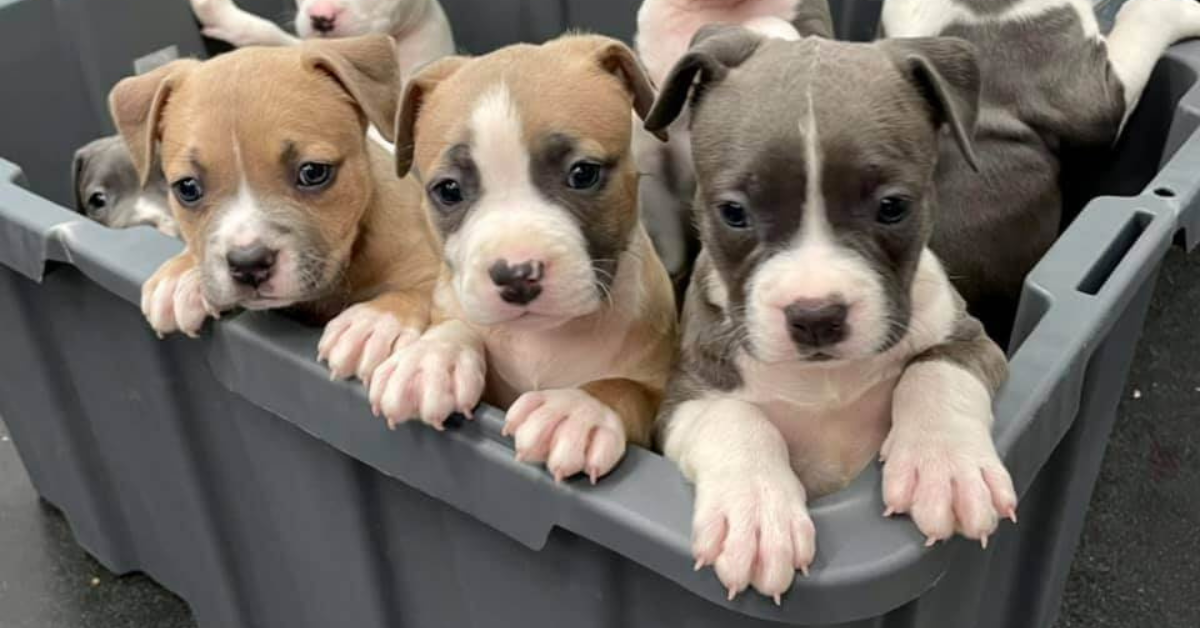RENAL DISEASE IN CATS
Renal disease, also known as kidney disease, is a common ailment that affects a significant number of cats, particularly as they grow older. The kidneys play a crucial role in filtering waste products and maintaining the balance of electrolytes and fluids within the body. When the kidneys start to malfunction or fail, this can have severe consequences for a cat’s overall health.
There are two primary types of renal disease in cats: acute and chronic. Acute kidney disease is a sudden onset of symptoms, often caused by factors such as infections, exposure to toxins, or trauma. In contrast, chronic kidney disease (CKD) is a long-term condition that develops gradually, often due to age-related wear and tear on the kidneys.
Symptoms of Renal Disease in Cats
Cats suffering from kidney disease may exhibit various symptoms, some of which include:
- Increased thirst and urination: As the kidneys struggle to filter waste products effectively, cats may drink more water and urinate more frequently to compensate.
- Weight loss: Cats with renal disease may lose their appetite or struggle to digest nutrients properly, leading to weight loss.
- Vomiting and diarrhoea: The build-up of waste products in the bloodstream can cause gastrointestinal issues, such as vomiting and diarrhoea.
- Lethargy: Cats with kidney disease may appear weak, fatigued, or less active than usual.
- Bad breath: The build-up of waste products in the blood can lead to a condition called uraemia, which results in a strong, ammonia-like odour on the breath.
- Poor coat condition: Cats with renal disease may exhibit a dull, matted, or greasy coat.
Diagnosis and Treatment
If you suspect your cat is suffering from renal disease, it is essential to consult a Concord Veterinary Hospital promptly. The vet will likely perform blood tests and urine tests to assess kidney function and determine the severity of the disease. Imaging techniques, such as ultrasounds, may also be employed to visualise the kidneys and identify any abnormalities.
Treatment for renal disease in cats typically focuses on managing the symptoms and slowing the progression of the disease. This may include:
- Dietary modifications: A vet may recommend a specially-formulated renal diet, low in phosphorus and high-quality protein, to reduce the workload on the kidneys.
- Fluid therapy: Cats with renal disease may require subcutaneous fluid therapy to help maintain proper hydration and flush out waste products.
- Medications: Certain medications may be prescribed to control symptoms, such as anti-nausea drugs, appetite stimulants, or phosphate binders.
- Blood pressure management: Cats with kidney disease may develop high blood pressure, so vets may prescribe medications to help control it.
Prevention and Prognosis
While some risk factors for renal disease in cats, such as genetics and age, cannot be controlled, owners can take steps to promote their cat’s overall health. This includes providing a balanced diet, ensuring access to fresh water, and scheduling regular veterinary check-ups.
The prognosis for cats with renal disease varies depending on the severity and progression of the condition. Early detection and prompt intervention can significantly improve a cat’s quality of life and potentially extend its lifespan. However, it is essential to maintain regular communication with Concord Veterinary Hospital to ensure that the best possible care is provided for your feline friend.
OUR OTHER SERVICES
How Can We Help Your Pet
Explore Our Veterinary Care Services











